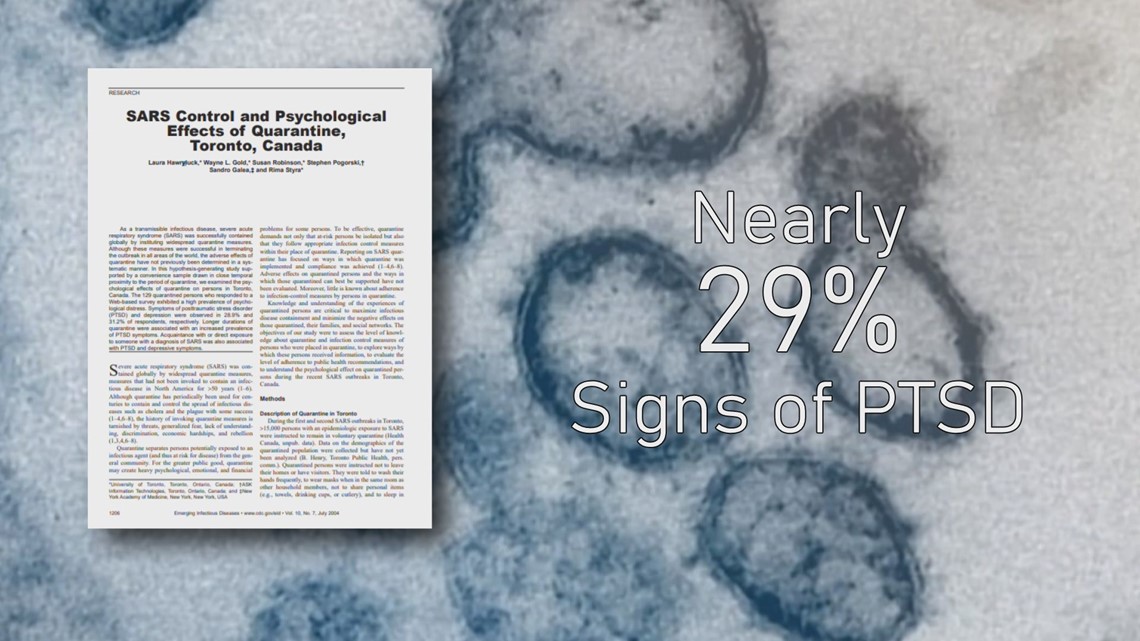TOLEDO, Ohio — As many of us get used to spending our time indoors, at home and away from others, health experts say social interaction is still quite important.
"Any time we as humans get stressed, that increases the vulnerability of the population of people that's susceptible to that stress," said Dr. Brian Kaminski, ProMedica's vice president of quality and safety.
Simply put: the Coronavirus has most of us in isolation as cases continue to rise.
RELATED: Coronavirus Update | DeWine recommends pushing back in-person Ohio primary election voting to June
RELATED: Coronavirus live updates: White House wants people to stay home, avoid groups larger than 10
The physical illness, however, is just one aspect of this pandemic, according to Kaminski.
"The incidents of mental health visits, mental health consequences go up whenever there's a national stressor," he said. "We saw this during 9-11. We see it in communities that suffer from a natural disaster, from a hurricane or tornadoes."
Or even a health crisis.
A 2004 study of 129 people in Toronto who were quarantined because of the SARS outbreak found nearly 29% showed signals of post-traumatic stress disorder and more than 31% showed signs of depression.


"What you might also learn is that person just had problems at their job or problems with their relationship, or financial problems, and this is just one more thing in a litany of things that have affected that person's mental health," Kaminski said.
Kaminski said only time will tell how we fare but said there's hope and we will get through this just as we did with other crises.
"We still want people to communicate with each other," he said. "We still want people to be interactive and fortunately, in this day and age, we can do a lot of that electronically."
For a list of local mental health resources, click here.

